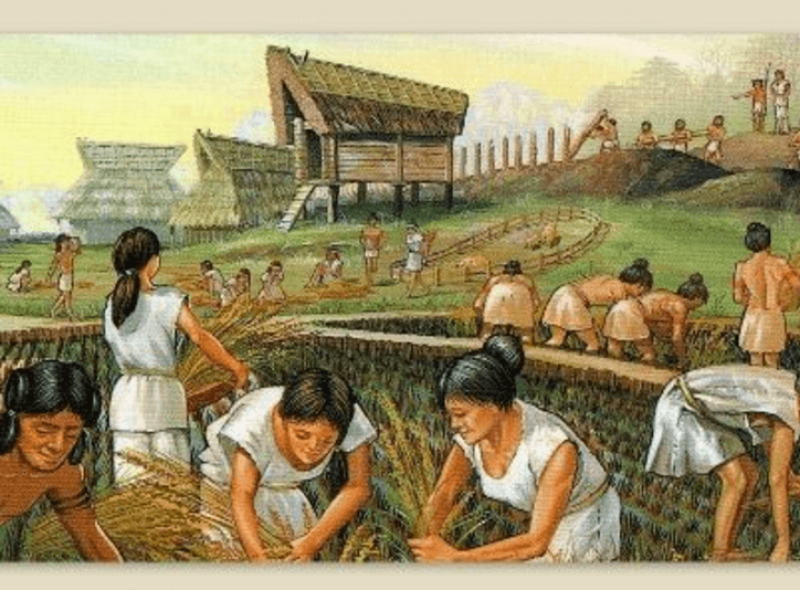Since the dawn of agriculture, humans have been converting forests, grasslands, and other ecosystems to farmland.
The long-term conversion of land for agriculture has brought enormous losses to ecosystems and wildlife populations already. The climate impacts are also considerable…. With global food demand expected to grow as much as 70% by 2050, those impacts threaten to grow substantially.
…Radical changes to food and farming systems over the last century have improved yields, made crops more resilient to weather and pests, and increasingly concentrated farming in the most productive regions…. With continuing agricultural modernization and technological innovation, human societies might pass through a critical inflection point in this century, returning agricultural lands to nature in the global aggregate for the first time in ten millennia.
Contemporary debates about the sustainability of food and agriculture have been dominated by romantic ideas about farming that are impractical at best and pernicious at worst. …
. . . .
…[W]hat is lost in the bellicose debates about GMOs, pesticides, and synthetic fertilizer is a constructive conversation … about what kind of food systems can practically bring the best outcomes for both people and the environment.
Better seeds, fertilizer, and pest control will continue to be important to a more productive and sustainable food system in the decades to come. But the key to raising yields while limiting environmental impacts will be using those inputs with ever greater control and precision.
The GLP aggregated and excerpted this blog/article to reflect the diversity of news, opinion and analysis. Read full, original post: The Future of Food































